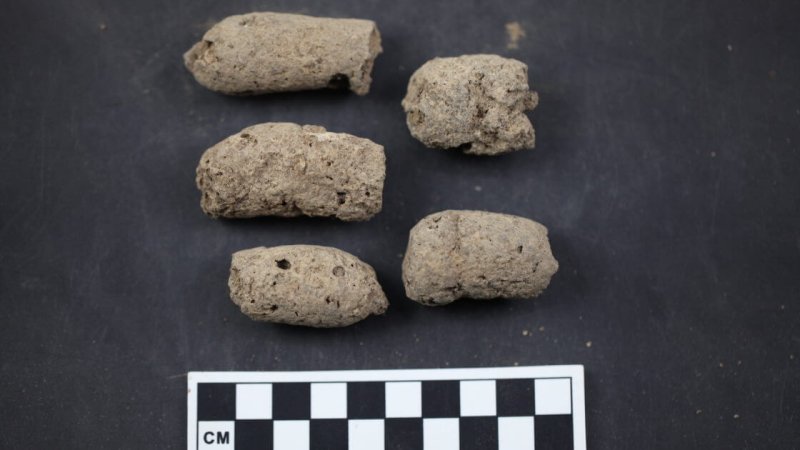Previous research has made a connection between preindustrial diets, greater diversity in the gut microbiome and lower rates of chronic illnesses, and [a] team set out to find reconstruct ancient human gut microbiomes to investigate this link, researcher Aleksandar Kostic of the Joslin Diabetes Center in Boston told CNN.
Research in the field has been held back by a lack of well-preserved DNA samples, but the team were able to perform a detailed genetic analysis of eight human feces samples found in Mexico and the southwestern United States, which date from 1,000-2,000 years ago.
The feces were “exquisitely preserved” thanks to the extreme aridity of the desert areas where they were found.
Both the ancient and modern nonindustrial genomes contain more genes used to metabolize starches. This may be because people in these societies ate more complex carbohydrates compared with present-day industrial populations.
When microbes disappear or become extinct there are knock-on effects on our health, Kostic told CNN.
“When they’re gone we’re missing a key piece of what makes us us,” he said.
While research is at an early stage, Kostic hopes the microbes reconstructed by the team could eventually be used to reduce the rate of chronic conditions such as obesity or autoimmune diseases.































